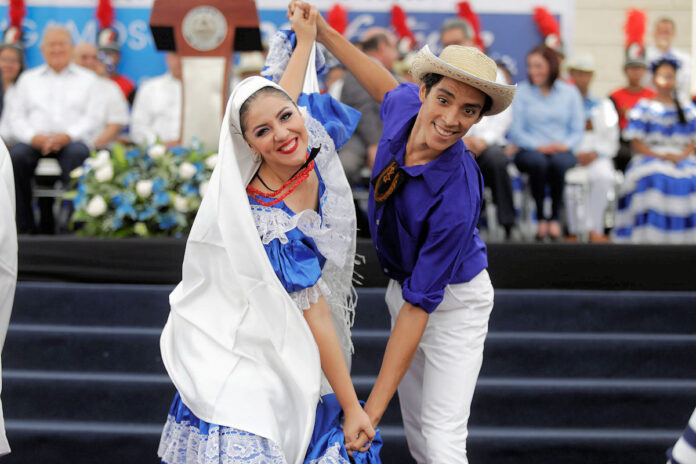Genetic studies have unveiled fascinating insights into the genetic makeup of Salvadorans. A recent analysis indicates that 9 out of 10 Salvadorans belong to a genetic group that reflects centuries of history and cultural blending.
This discovery not only highlights the country’s rich historical heritage, but also its impact on cultural identity and social evolution.
Mestizo Heritage: The Pillar of Salvadoran Identity
Origins of Cultural Blending
The foundation of the Salvadoran population is deeply connected to indigenous civilizations such as the Pipil and Maya. Their genetic legacies remain significant today.
With the arrival of Spanish colonizers in the 16th century, a new genetic and cultural layer was introduced, which has persisted throughout the centuries.
Key Facts About Mestizo Heritage
El Salvador has one of the highest mestizaje rates in Latin America, with approximately 86% of the population identifying as mestizo.
There is also a minor African influence, although it is less pronounced compared to other Latin American nations. Learn more about Salvadoran ancestry.
The Impact of Genetic Studies
Understanding National Identity
Genetic studies help Salvadorans explore their roots and celebrate their historical diversity. These insights also contribute to a better understanding of migration patterns and historical events that shaped the nation’s demographic landscape.
Scientific Applications
Genetic analysis can be crucial in detecting predispositions to common diseases among Salvadorans. Institutions like the Human Genome Project utilize such data for broader research on global genetic diversity.
Key Factors That Define El Salvador’s Genetic History
Historical Influences
The Spanish colonization that began in the 16th century marked the onset of genetic blending in El Salvador. Interactions between European settlers and indigenous communities shaped the modern-day genetic composition. Additional factors such as trade, migration, and warfare also played significant roles in this evolution.
Geographical Influence
El Salvador’s strategic location in Central America has made it a crossroads of cultures and civilizations, further enriching its genetic diversity.
Genetics and Society: Its Modern-Day Relevance
Genetic Education
Incorporating these findings into educational programs can help new generations appreciate their cultural identity and gain a deeper understanding of their national history.
Advancements in Genetic Research
Participating in genetic studies contributes to groundbreaking discoveries that benefit health research and the understanding of social and historical dynamics.
How to Participate in Genetic Studies
Available Options
Salvadorans can explore DNA testing services through companies like 23andMe and AncestryDNA. Additionally, local institutions offer genetic testing services.
Benefits of Genetic Testing
Learning about one’s genetic composition can be a transformative experience that enhances self-discovery. Moreover, participating in scientific studies helps expand genetic databases for future research.
Final Thoughts: Understanding El Salvador’s Genetic Legacy
Genetics tell stories that words alone cannot express. Recent breakthroughs in genetic research provide a deeper perspective on El Salvador’s history and cultural evolution. These insights encourage Salvadorans to reflect on their past and use this knowledge as a foundation to build a stronger, more connected future rooted in their ancestral heritage.



